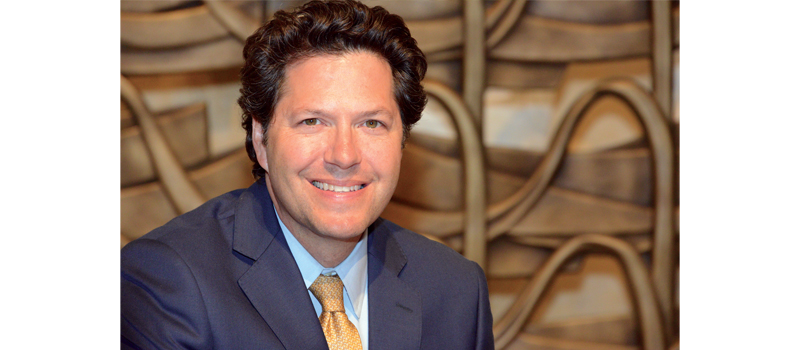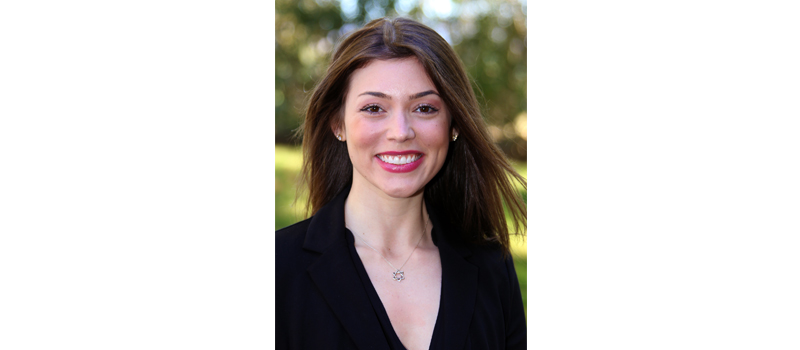by Cantorial Intern Sara Anderson
In Parashat Va-et’chanan, Moses tells the people of Israel that he will not be the one to lead them into the promised land. After reviewing the Ten Commandments, Moses speaks the words of what we know as the Shema and most of the V’ahavta. These two are perhaps the most well known pieces of liturgy/torah among the Jewish people, and yet the V’ahavta holds within it a complicated idea: the commandment to love God. Moses is most certain of the message he delivers — God is one. You must love God. Moses was blessed with the chance to communicate with God directly, and because of this, it’s easy to understand why Moses believes in God so deeply and loves God so much. It is likely more complicated for the rest of us to believe so strongly without having our own recognizable encounters with the divine. Like with any other relationship, we love, appreciate, miss, doubt, are angry with, are absent from, are lost within God. Sometimes, it can be difficult to feel God with all your heart.
I often find God in my relationships with other people — in both the light and the dark. When I make my mother laugh so hard she cries, I wish I could put a moment in a bottle and save it forever, and I know that God is there. When I wake up to news of shootings and chaos, I look for stories of those who helped, who saved others. I feel sadness and confusion, and I think about God. It is easy to pass over these little moments, but they are God, and they are love — a word that encompasses so much more in the Torah than how we use it day to day.
In the V’ahavta, we say “with all of your heart”, בכל לבבך. Rashi comments that the reason there are two ב in the word לבבך instead of just one, which would be the usual form, is because we love God with two parts of ourselves, both the good and the bad. We choose love, though we are not always our best. In recognizing both sides of ourselves and leaning on the good, we create holiness.
In being true to ourselves, we fulfill the commandment to love God. When we are disappointed, as Moses surely was after being denied the chance to enter Israel with his people, we can still do what is right instead of acting selfishly. By taking the regret we often feel in work situations or personal relationships and channeling it into an opportunity to be better people, we can live the words of the V’ahavta. We love each other, and we love God, despite how difficult it can be.
As we inch towards the High Holy Days, may we open our hearts. May we find love that we may have lost, have forgotten how to see, or have had trouble reaching- and may we do it with all our hearts.


